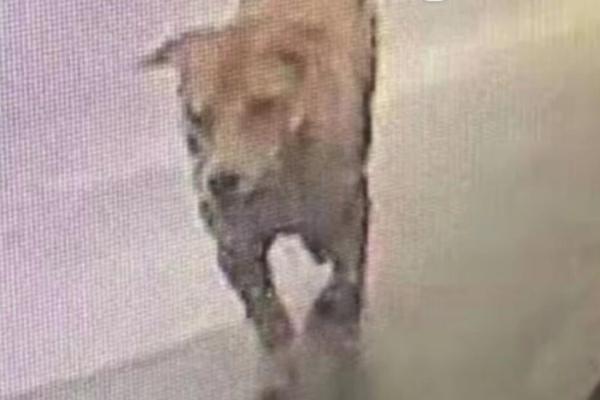【Secret Affairs: Stepmother Friend’s Mom Daughter in law】
This sounds a little like Minority Reportto us. China is Secret Affairs: Stepmother Friend’s Mom Daughter in lawlooking into predictive analytics to help authorities stop suspects beforea crime is committed.
According to a report from the Financial Times, authorities are tapping on facial recognition tech, and combining that with predictive intelligence to notify police of potential criminals, based on their behaviour patterns.
Guangzhou-headquartered Cloud Walk has been trialing its facial recognition system that tracks a person's movements. Based on where someone goes, and when, it hands them a rating of how at risk they are of committing a crime.
SEE ALSO: China's version of Amazon's cashier-less store is hereFor instance, someone buying a kitchen knife is not suspicious. But if the same person goes and gets a hammer and a sack later, that person's suspicious rating goes up, a Cloud Walk spokesperson told the FT.
The company's software is tapped into the police database in over 50 cities and provinces, and can flag up suspicious characters live.
China isn't the first country to tap on such technology; data has been used to predict crime in cities like Los Angeles and Milan for years.
KeyCrime, which has been used in Milan for over a decade, is able to predict where robberies may happen based on past data, while PredPol, used by more than 20 of 50 largest police departments in the U.S., tries to forecast when and where crime will occur.
But this development in China is interesting, because the government is using its extensive archive of citizen records to predict who is more likely to commit crime.
China has more than 176 million surveillance cameras, according to industry research company IHS Markit. The number is only expected to grow.
 Credit: VCG via Getty Images
Credit: VCG via Getty Images And tech like Cloud Walk's shows that people can be marked for past behaviour, too. The company said in Chinese reports, its technology will track "high-risk" individuals and inform police when they appear at key facilities.
Gait analysis can help pick out suspicious people in crowds.
The crime technology is dependent on other AI techniques like behavioural recognition and gait analysis, and it is reportedly even able to pick out suspicious people in crowds.
Another Chinese company, named UniView, tracks individuals who frequently travel to sensitive countries like Myanmar and Vietnam and automatically marks them.
UniView also claims to be able to flag suspicious characters through behavioural analysis, and alert police if a blacklisted person has appeared on a surveillance camera.
 Original image has been replaced. Credit: Mashable
Original image has been replaced. Credit: Mashable China continues to embraced facial recognition technology in its public services. It's used cameras to ID jaywalkers and watch over university dorms -- to even limiting how much toilet paper you can get at a time.
The country also declared on Thursday that it plans to build a $150 billion AI industry by the end of 2030. No doubt much of those developments will go into crime fighting, too.
China's vice-minister of science and technology Li Meng said that crime prediction will become a key function of AI in government.
"If we use our smart systems and smart facilities well, we can know beforehand...who might be a terrorist, who might do something bad," Li said.
Featured Video For You
Facial recognition tech could be key to saving coral reefs
Topics Artificial Intelligence Facial Recognition


